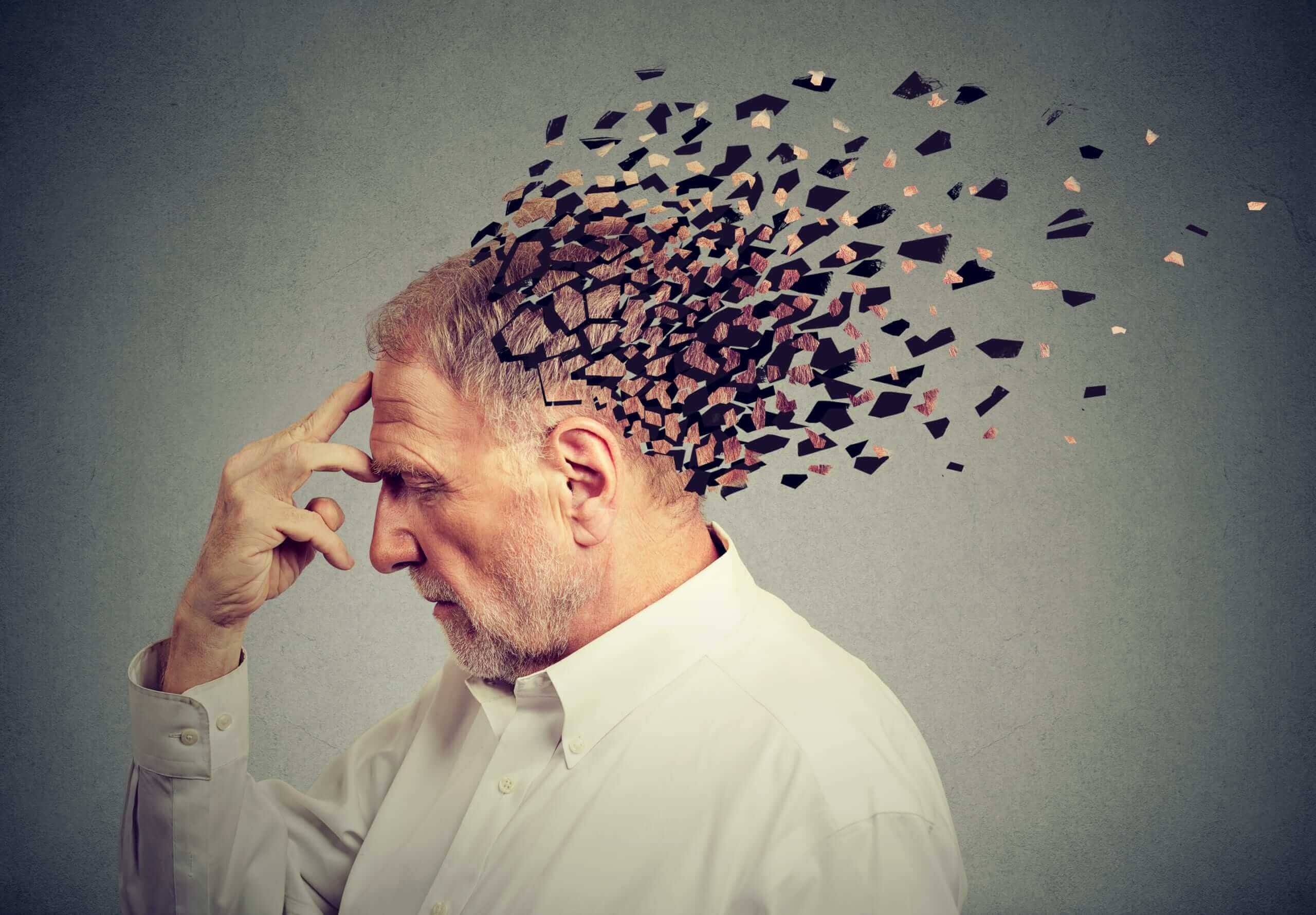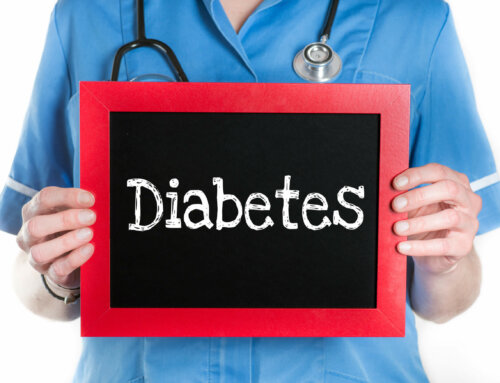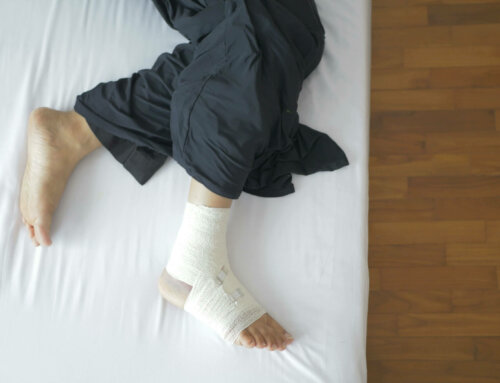As early as the 17th century, medical professionals have, “hypothesized a link between diabetes and a low mood.” Current research has shown a relevant relationship between diabetes and mental health issues. Your mental health can deteriorate even more rapidly during times of intense and long-lasting stress. Enter the COVID-19 pandemic of 2020. Before the virus, “up to 45% of mental health issues and psychological diabetes distress went undetected by patients and their physicians.” We are now 8 months into a worldwide pandemic which has created emotional chaos for many.
People with diabetes have not lost their common daily stressors such as monitoring blood sugars, treating hypoglycemia, taking medications correctly, worrying about complications, stocking diabetes supplies, exercising and eating right. The entire nation was already experiencing a mental health crisis with a higher rate of drug addiction, alcoholism, PTSD and suicide. Because of the COVID pandemic, we now have added job furloughs, more unemployment, less funds to pay our bills, nationwide racial tensions and law enforcement concerns. Health insurance was lost by many whose jobs disappeared. Obviously this is even more distressing when you have a chronic disease called diabetes.
People are generally equipped to take care of life’s daily problems, but when the perfect storm hits with multiple negative experiences, our coping skills start to crumble. Anxiety and depression can cause higher rates of respirations, production of hormones and redirection of your blood flow. All these, “fight or flight” reactions can raise blood sugars due to excess glucose production, adrenalin and cortisol. With diabetes, you may not be able to tell the difference between a hypoglycemic (low blood sugar) response or plain anxiety because they may both present with sweating, weakness, heart, palpitations, confusion and dizziness.
What is Crisis Fatigue?
The term “crisis fatigue” has been floating around the country for the last several months. Although it is not a real diagnosis, it still has serious affects and consequences. It includes the feeling of being stuck without a reasonable way out. Exhibited symptoms may be:
- Anger, rage, hostility, disgust, annoyance
- Fright, worry, despair
- Isolation, loneliness
- Helplessness, hopelessness, disappointment, grief
- Exhaustion, being overwhelmed
- Unpredictability, fear of the unknown
- Burn-out, lack of motivation
We used to have our lives set up in a specific way, primarily consisting of the workday then private time with our family. We went to separate locations at different times of the day. During the pandemic, we needed to restructure our lives by working at home, while remotely coaching, teaching and supervising our children at the same time. There is less division in our current lives. Add to our present worry, taking care of elderly parents, grandparents and family or friends who have co-morbidities such as obesity, high blood pressure and diabetes. They are at a higher risk of complications from the virus.
What is COVID Fatigue?
Another recently coined term is “COVID fatigue.” COVID fatigue is, “you know the threat is real, but you are just tired of dealing with the whole virus thing.” COVID fatigue is when you know you should continue to social distance, wear a face mask and wash your hands often, but you don’t really care anymore or see the benefits.
Does the actual threat matter in how you deal with it?
Yes! For instance, during a disaster such as a hurricane or earthquake, anxiety and stress come on quickly and then usually disappear after the storm, unless there is mass destruction. Most of us can deal with the short-term problem and know it will eventually have an end point. Unfortunately, the first case of COVID-19 in the US was noted in January 2020, and we are more than 8 months in. The stress becomes chronic. Is this the new normal? Will we ever travel freely again? Do we have to wear masks forever? Will hospitals do elective surgeries soon? No one is sure of these answers.
Quarantine Exhaustion: Quarantine 15
Here are two other virus terms being used. “Quarantine exhaustion” means sitting too long in one place. It leads to mental health symptoms of unrest, irritability and lethargy. “Quarantine 15” is similar to the “Freshman 15” (unexpected and unwanted weight gain). Weight gain from being home all the time, having 24-hour access to the refrigerator, snacking whenever you want and your body dumping cortisol (a hormone) into our blood stream from chronic stress. So many of us have comforted ourselves with excess food, sweets and alcohol due to boredom or anxiety, the 15 pounds appeared. Weight gain is a real problem for proper diabetes control.
Can we improve our mental health outlook at this time?
Each of us establishes priorities especially during a crisis. Find out what yours are and slowly accomplish them. Take your time. If you need to change what you are presently doing, then make a change. You are in charge.
20 Tips for Coping with Mental Health
1. Adopt an Animal
Many animal shelters have had to recently close, due to lack of volunteers and being short on supplies. If you love animals, use your intention and energy to adopt. You are currently spending more time at home so this can help your pet adjust much easier.
2. Find Small Moments of Joy
Even during the daily mundane, make a bowl of air-popped popcorn and go outside into nature. Listen to the birds, count butterflies, smell the flowers, embrace the simple moments.
3. Look for Reasonable Distractions
Staying too focused on anything, especially during a crisis leads to real burn-out. When working from home, allow yourself a short break. Stand up and stretch for 15 minutes. Rest your eyes. Deep breathe.
4. Don’t Choose to Battle
Everyone has an opinion on how the virus started and how to deal with it which has caused multiple confrontations that can easily turn into giant arguments and add more stress. Stop the conversation if it becomes heated or goes nowhere. Do not judge others and do not allow yourself to be judged. Keep questions open-ended and show that you really care. Know that you are entitled to your own opinions.
5. Limit News and Social Media
Watch and read news that is factual and accurate. Rely on self-limits, and avoid non-factual videos. Resist information overload. Do not keep the news on 24/7 as background noise. Create boundaries. Don’t worry about what others are doing on social media. Balance reality with video games.
6. Learn from Past Experiences
What have you done in the past when the situation seemed impossible? Use these techniques again. It will bring a level of comfort to you.
7. Avoid Isolation
Avoid being isolated even if you live by yourself. Don’t get and stay in your own head. Use Zoom, Facetime, Skype or just connect by a simple text or phone call. Connect at least 15 minutes a day. Have someone check on you or you check on them, daily. Share some of your struggles and others may talk more freely to you. When you don’t socialize, you miss the release of the feel-good neurotransmitter, called dopamine.
8. Evaluate Sleep Problems
Many of us suffer from poor sleep when under added stress. The brain works on overtime and sleep becomes unattainable. Set and keep a sleep schedule even though you may have fewer daily responsibilities. Make and keep a calendar. If you were an early riser, continue in that pattern, use an alarm. Keep routines. Turn off electronics at least 3 hours before bedtime. Your bedroom should be cool and dark. Avoid alcohol and caffeine for several hours prior to sleep. Ask for a sleeping aid if nothing else works. Sleep is important for a strong immune system.
9. Positive Eating Matters
Don’t snack and graze all day which can be detrimental to your blood sugars. Plan your regular meals, make a daily/weekly menu, and don’t skip meals. Be consistent. Continue to eat lean protein, complex carbohydrates and good fats. Try some new recipes with the extra time at home. Flavor with dried spices, different vinegars and fresh citrus. Drink green tea for added health benefits and hydration. Don’t eat out of frustration, stress or anxiety. Eating out of anxiety offers short term relief and then long-term guilt. Excess eating causes higher blood sugars.
10. Supplements
Talk to your health care provider about adding a probiotic, vitamin C and/or zinc to your daily intake. Several studies have shown, “probiotics paired with prebiotics may decrease anxiety and depression.” There has been much discussion about the brain and the connection to the GI tract. Vitamin C and zinc are known to boost the immune system. More evaluation is needed.
11. Mental Health Support
Acknowledge if you can’t do this alone and seek professional help. Most professionals are happy to connect via Telehealth. Telehealth offers the perfect situation for talk therapy. You can choose from a LCSW (licensed clinical social worker), family therapist, psychologist or a psychiatrist. Decide whose expertise you need by talking with your physician.
12. Avoid These Words:
“Must”, “Should”, “Don’t”, “Need to” and “Have to” should be eliminated from your vocabulary. Your family and friends should delete them too. Take advice if you want to, but continue to use your own thought process as well. Do not be pushed.
13. Develop Mental Health Rituals
These could be daily, weekly or monthly:
- Garden
- Aromatherapy
- Light soy candles
- Take a bubble bath
- Use positive mantras or words
- Paint
- Read
- Dance
- Take naps
- Listen to music, audiobooks, podcasts
- Knit, sew, crochet
- Pray
- Journal
- Learn a new language
- Play a musical instrument
14. Stay Outdoors While the Weather Permits
Walk the dog. Sit on the patio. Get natural sunlight (Vitamin D) daily. Fresh air and Vitamin D enhance your immunity.
15. Bring Joy to Others
Write a letter, postcard or notecard to a friend. Bake something simple for a neighbor. Pick or send flowers. Acknowledge someone who you have not spoken to for a while. Look for signs of distress or irritability in others and ask how you can help. Giving helps you forget about your own problems.
16. Keep Up Physical Movement
Gyms are open, then closed, then open. With your added risks due to diabetes, it is better to wait to return. You do not need to rely on a gym membership to stay active. Use your pool, ride a bicycle around your neighborhood, purchase a stationary bicycle, or simply walk. Do an online class for yoga, Pilates or stretching. Practice your balance. Get hand weights or use food cans to build strength. Stand up and move every hour for 10 minutes even if you don’t leave the house.
17. Avoid Crutches
Food, recreational drugs, prescription drugs and alcohol can possibly make you feel better in the short term. Eventually, they can also lead to problems. Find healthy ways to cope and stick with them through COVID-19, and other crises in the future.
18. Keep or Develop a Sense of Humor
Doom and gloom do not have positive benefits on your mental health. It is easy to get down during times like these. Learn to smile, laugh and tell jokes. Endorphins (happy hormones) rise when you are joyous. Be kind and patient. Do not judge others or yourself. But remember, you can’t always be happy or in a good mood.
19. Diabetes Management Remains Essential
It is easy to give up your diabetes routines when stress and tension are high. This is the time to remain diligent with your self-care. Continue to check blood sugars and take medications as recommended. Many pharmacies are sending medications without a delivery fee. Keep all diabetes supplies on hand by ordering extra online. Consider and discuss using a continuous glucose monitor (CGM) for more information about your blood glucose patterns. Use telemedicine to keep your physician appointments. Cover your feet even when in the pool. Wear sunglasses and sunscreen when outdoors. Moisturize your skin after your shower or bath. Daily diabetes control is extremely important for less risk of complications in the future.
20. Practice Gratitude
It is helpful to be grateful in the moment. Focus on the good as much as possible. Use mental health APPS such as Calm and Headspace for relaxation. Be thankful as much as possible.
You may not be able to change the present situation or make it disappear, but you can change your own thoughts and reactions. It is normal to have fears and concerns when our lives become abnormal. Don’t focus on what you can’t change or can’t do. Focus on what you personally can do. Planning for the future is needed but difficult at this time. Try to live in the present. Tackle what you can. Ask for emotional help when you need it. Social distancing does not mean you are in this alone. There are many mental health resources available to you. Check out the CDC website on stress and coping. Many private insurances are expanding mental health care. Non-profits are offering free emergency mental health information and counseling. Take advantage of them. Please stay safe!







Leave A Comment